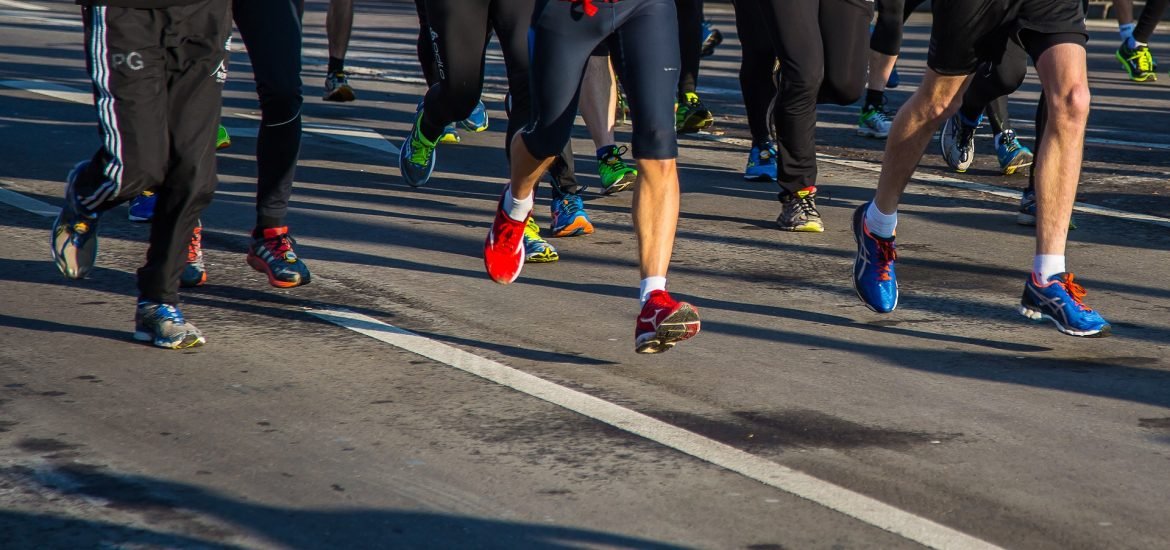
Researchers say they have debunked a myth that endurance sports including marathon running weaken the immune system. A new review of research articles shows that strenuous exercise may in fact have the opposite effect and benefit immune health.
The idea that endurance sports suppress the immune system stems from research conducted in the 1980s. Competitors in events such as the Los Angeles Marathon were asked if they experienced symptoms of infections in the days and weeks following their races. Many of the competitors interviewed did experience such symptoms, leading to a widely held belief that endurance sports suppress the immune system and increase the risk of infection.
Scientists from the University of Bath in England conducted a detailed analysis of relevant research carried out since the 1980s and reinterpreted the findings using fundamental principles of exercise physiology and immunology. Based on their results, the researchers argue that frequent exercise enhances, rather than suppresses the immune system. Their findings were published last week in the journal Frontiers in Immunology.
According to the researchers, it is widely believed that changes in the number of immune cells in the bloodstream during exercise lead to a temporary decrease in immune function over the next few hours. The analysis shows that immune cells change in two ways due to exercise: during exercise, the number of certain immune cells in the bloodstream increases by up to ten times. There is a particularly pronounced spike amongst natural killer cells, which provide a rapid response to infections. This increase is followed by a large drop in the number of immune cells in the bloodstream after exercise, sometimes dipping to even lower levels than when exercise was started.
Although many scientists have understood this decrease as immune suppression, the University of Bath researchers argue that there is “strong evidence” these cells are not “lost or destroyed.” Rather, the researchers suggest these cells move to areas in the body such as the lungs, which have a higher risk of infection. The paper cites previous studies that have shown these immune cells are able to travel outside of the bloodstream. Researchers also pointed out that most evidence suggests immune cell levels in the bloodstream return to normal within a few hours, which they say is too fast for new cells to be produced as replacements.
“It is increasingly clear that changes happening to your immune system after a strenuous bout of exercise do not leave your body immune-suppressed,” said study co-author Dr John Campbell from the University of Bath’s Department for Health. “In fact, evidence now suggests that your immune system is boosted after exercise — for example we know that exercise can improve your immune response to a flu jab.”
Researchers speculated that infections following competing in endurance events stemmed not from the exercise itself, but from factors such as air travel and being around a large number of people at the event.
“Given the important role exercise has for reducing the risk of cardiovascular disease, cancer and type II diabetes, the findings from our analysis emphasise that people should not be put off exercise for fear that it will dampen their immune system,” added co-author Dr James Turner. “Clearly, the benefits of exercise, including endurance sports, outweigh any negative effects which people may perceive.”